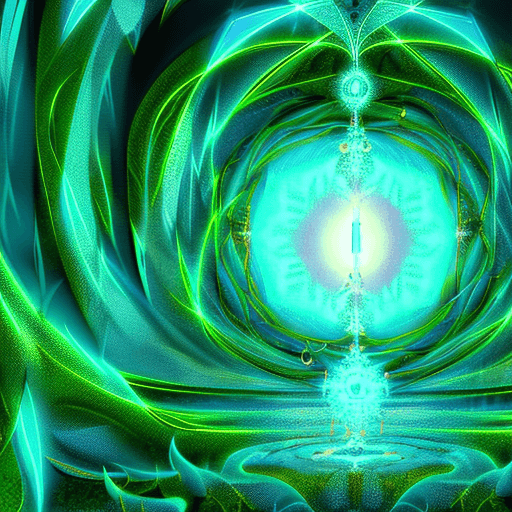One-line Summary:
In “Origin,” Dan Brown takes readers on a thrilling journey as renowned symbologist Robert Langdon races against time to uncover a groundbreaking discovery that could shake the foundations of science and religion.
The Unveiling of a Cryptic Message
“Origin” begins with Robert Langdon, a Harvard professor and symbology expert, receiving an invitation to an event at the Guggenheim Museum in Bilbao, Spain. The event is hosted by Edmond Kirsch, a former student of Langdon’s and a renowned futurist. Kirsch claims to have made a groundbreaking scientific discovery that will answer two fundamental questions: Where do we come from, and where are we going?
As the evening unfolds, Kirsch plans to reveal his discovery to the world, but before he can do so, chaos erupts. A religious extremist group interrupts the event, threatening to disrupt Kirsch’s presentation. In the ensuing chaos, Langdon, along with Ambra Vidal, the museum’s director, escape and embark on a quest to uncover Kirsch’s secret.
A Race Against Time
Langdon and Vidal find themselves pursued by both the Spanish authorities, who suspect Langdon of being involved in Kirsch’s murder, and the religious extremists who want to prevent Kirsch’s discovery from being revealed. With the clock ticking, Langdon and Vidal must decipher a series of cryptic clues left behind by Kirsch to uncover the truth.
Their journey takes them through the stunning architecture of Barcelona, including Antoni Gaudí’s famous Sagrada Família, and leads them to hidden secrets within the city’s history. Along the way, they encounter artificial intelligence, advanced technology, and ethical dilemmas that challenge their beliefs.
The Revelation and its Implications
As Langdon and Vidal piece together the clues, they eventually discover Kirsch’s revelation: a presentation that challenges the traditional views of creation and religion. Kirsch’s discovery suggests that life on Earth originated through a natural process rather than a divine intervention.
The implications of Kirsch’s revelation are profound, threatening to shake the foundations of science, religion, and society as a whole. Langdon and Vidal must decide whether to release Kirsch’s discovery to the world, knowing that it could lead to widespread controversy and upheaval.
In a dramatic climax, Langdon unveils Kirsch’s discovery to a global audience, sparking intense debates and reactions from people around the world. The revelation forces individuals to question their beliefs and confront the intersection of science and faith.
Key Takeaways:
- Science and religion: “Origin” explores the ongoing debate between science and religion, challenging traditional beliefs and raising questions about the origins of life.
- Artificial intelligence and ethics: The novel delves into the ethical implications of advanced technology, particularly artificial intelligence, and its potential impact on society.
- Humanity’s search for meaning: “Origin” examines humanity’s eternal quest for answers to existential questions, highlighting the importance of curiosity and the pursuit of knowledge.
“Every revelation has a price.”
– Dan Brown, Origin
In “Origin,” Dan Brown once again combines thrilling suspense, art, history, and science to create a captivating story that keeps readers on the edge of their seats. Through the eyes of Robert Langdon, readers are taken on a thought-provoking journey that challenges long-held beliefs and encourages them to ponder the mysteries of our existence.












